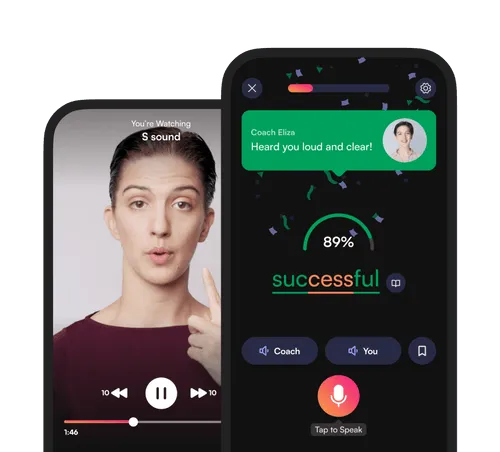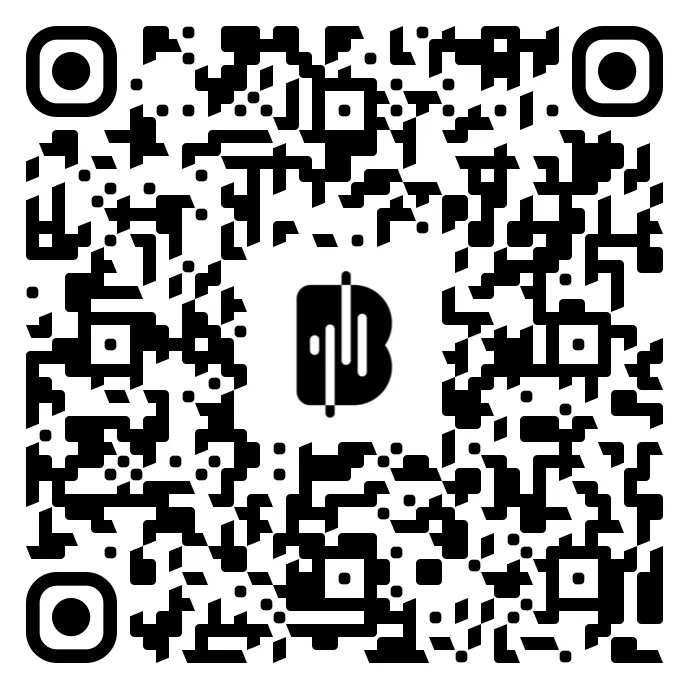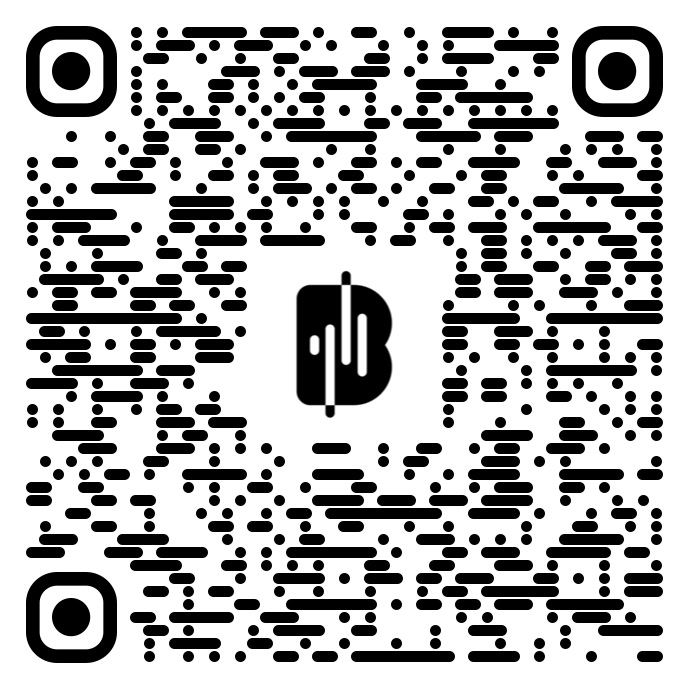Learning English as a Second Language (ESL) is both a challenge and a deeply rewarding journey.
Apps have become indispensable tools for ESL learners, streamlining the process of building fluency, confidence, and comprehension skills. They enable you to practice and self-assess at your own pace, making language acquisition more accessible and engaging.
However, not all ESL apps are created equal. Some lean into gamified learning, while others prioritize cultural understanding, practical vocabulary , or pronunciation. Additionally, certain apps cater to specific proficiency levels, whether beginner, intermediate, or advanced.
With so many options, it’s essential to understand the unique features and purposes of each app before diving in. This article highlights 10 of the most effective and widely recommended ESL apps. Whether you're focused on improving pronunciation, expanding your vocabulary, or refining your grammar, there's an app on this list to help you reach your language goals.
1. BoldVoice BoldVoice is a favorite among ESL students and ESL teachers alike, and it’s easy to see why.
With its modern, comprehensive approach, this app goes beyond just grammar and vocabulary—it hones critical aspects like intonation and introduces cultural elements like idioms , helping users refine their accents and overall communication skills.
BoldVoice leverages cutting-edge AI technology, offering interactive practice exercises and personalized lessons designed by speech experts and Hollywood dialect coaches. Advanced speech recognition provides real-time feedback on pronunciation, guiding users to track their progress and achieve measurable results.
The app allows you to create a customized lesson plan and simulate real-life conversations, enabling independent learning without needing a partner. These features work seamlessly to enhance confidence, credibility, and ease when communicating in American English .
What makes BoldVoice truly stand out is its accessibility to English learners at all levels—beginner, intermediate, or advanced. Plus, with a seven-day free trial, you can explore the app’s full range of features risk-free.
Sign up and start elevating your English speaking skills today!
2. Babbel This ESL app provides thematic lessons that cover everyday topics like travel , work , and social conversations. Babbel’s focus is on real-life situations and cultural insights that help students apply what they learn to practical settings.
On Babbel, you’ll find interactive dialogue and vocabulary, etiquette , and nuances associated with the English language.
Babbel is best suited for beginners and intermediate learners since it does not offer much beyond foundational grammar and vocabulary. This means advanced learners might find the content too basic.
Take your free accent assessment Get to know your pronunciation level and get 7 days of lessons for free on the BoldVoice app.
Start Free Trial
3. Memrise Memrise takes a unique approach by integrating video clips of native speakers speaking English. This gives users exposure to learning authentic English accents .
The app combines spaced repetition techniques and visual aids to help reinforce vocabulary. It’s especially useful if you’re looking to build a strong base of everyday English terms and phrases .
With this app, you can focus on listening comprehension but won’t receive personalized and detailed help with pronunciation. If you want to improve your accent as an ESL student, you may have to pair this app with an accent coaching app .
4. HelloTalk You’ll find HelloTalk helpful if you enjoy socializing or networking and you're hoping to improve this aspect of your language skills.
HelloTalk acts as a language exchange app that pairs you with native English speakers who want to learn your language.
Here, you’ll have real-life language exchanges with native speakers, teaching them your language or learning theirs, as the case might be. The app includes text, voice, and video chat features so that you can practice in different formats.
While a great resource for speaking practice, HelloTalk doesn't address structured grammar lessons or vocabulary building. Therefore, you may not be properly grounded in the building blocks and fundamentals that make up common English concepts.
This could pose a challenge, particularly if you’re preparing for professional exams like IELTS or TOEFL .
5. Rosetta Stone ESL students who want to build their vocabulary and grammar may find Rosetta Stone quite helpful and highly effective. This app has been a trusted language-learning app for decades, and it adopts a natural immersion approach that mimics how native speakers learn.
On Rosetta Stone, you can develop vocabulary, grammar, and pronunciation through consistent repetition and context-based lessons. Its speech recognition technology, known as TruAccent, can also help you improve your pronunciation by providing feedback.
On the flip side, Rosetta Stone can feel repetitive as it doesn’t allow much flexibility. The app also doesn’t provide clear, explicit grammar explanations, which means you may need additional resources to understand grammar rules.
6. Busuu Busuu is one of the ESl apps for adults that relies heavily on peer feedback through a community review system. With this app, English language learners record responses to prompts, which are then reviewed by native or advanced speakers.
The Busuu system encourages a language exchange environment, where users can also review recordings of those learning their native language, making it mutually beneficial.
Busuu’s curriculum covers listening, speaking, reading, and writing while offering certification for different language levels. But, because the app depends on peer-to-peer feedback for writing and speaking exercises , you might not receive professional guidance for improving pronunciation.
7. Duolingo Duolingo is well-known in language learning, especially for beginner and intermediate learners. This app’s gamified approach makes learning English fun and less intimidating. Duolingo turns language learning into a game, using levels, points, and rewards to keep learners engaged.
The lessons on Duolingo cover vocabulary, grammar, and basic conversational skills . These lessons are engaging and short, so you can learn every day and fit them into any schedule. However, they may not be comprehensive enough to help you attain mastery of English.
Duolingo lacks in-depth speaking lessons and pronunciation feedback , which means you might not develop fluency as quickly as you would want. The gamified approach also tends to lead to repetitive tasks. This, in turn, can make the learning process feel monotonous for some users, especially as they progress to higher levels.
8. Beelinguapp This app provides dual-language reading for ESL students so that they’re comfortable with learning, particularly reading.
Beelinguapp focuses on reading comprehension and vocabulary building, using a unique approach where each story or article appears in English as well as your native language.
This bilingual presentation helps reinforce learning, especially for English learners looking to improve their reading skills. Here, you’ll find stories and news articles, with the option of an audiobook-style narration for listening practice.
ESL students may find Beelinguapp excellent for reading, but the app lacks speaking or pronunciation features, which limits its effectiveness for well-rounded English learning.
9. FluentU This is one of the best language learning apps for ESL students who particularly enjoy learning through entertainment. FluentU immerses you in English through videos, using content like music videos, movie trailers, and news clips. There are also interactive subtitles, built-in flashcards, pronunciation guides, and quizzes targeted at enhancing vocabulary learning.
FluentU’s videos are engaging, and learning is very much self-paced and comfortable, but it lacks structured guidance and accountability, which can be challenging if you struggle with motivation or consistency.
Additionally, while videos are engaging, the lack of interactive speaking practice on this app can slow down overall progress in spoken fluency.
10. Merriam-Webster Dictionary You may already be familiar with Merriam-Webster's dictionary, but it is also a great resource designed for immigrants and ESL students who want to assimilate easily at work, school, and among friends.
This app offers clear word definitions, audio pronunciations, example sentences, voice searches, and daily vocabulary quizzes. It also provides offline access, making it convenient for studying anywhere.
However, unlike communication apps like BoldVoice , this app lacks contextual learning features such as real-time conversation practice or interactive exercises. This limits its overall usefulness for students seeking comprehensive language practice beyond vocabulary.
Choose the Right App for Your ESL Journey For many ESL students, apps have proven to be indispensable in their language-learning journey. The right app can significantly accelerate your progress in mastering English as a second language. That’s why it’s crucial to choose wisely.
Each ESL app offers a unique learning experience, and sometimes pairing multiple apps can help you achieve your goals more effectively. However, if you’re looking for an all-in-one platform to improve your conversation skills, expand your vocabulary, and refine your accent to sound more native-like, BoldVoice stands out as an excellent choice.
BoldVoice is an AI-powered language tool designed to streamline your learning and help you stay organized. With its comprehensive features, it offers everything you need to build confidence and fluency in English. Best of all, you can try it risk-free with a seven-day free trial.
Sign up today and take the first step toward transforming your English communication skills.









